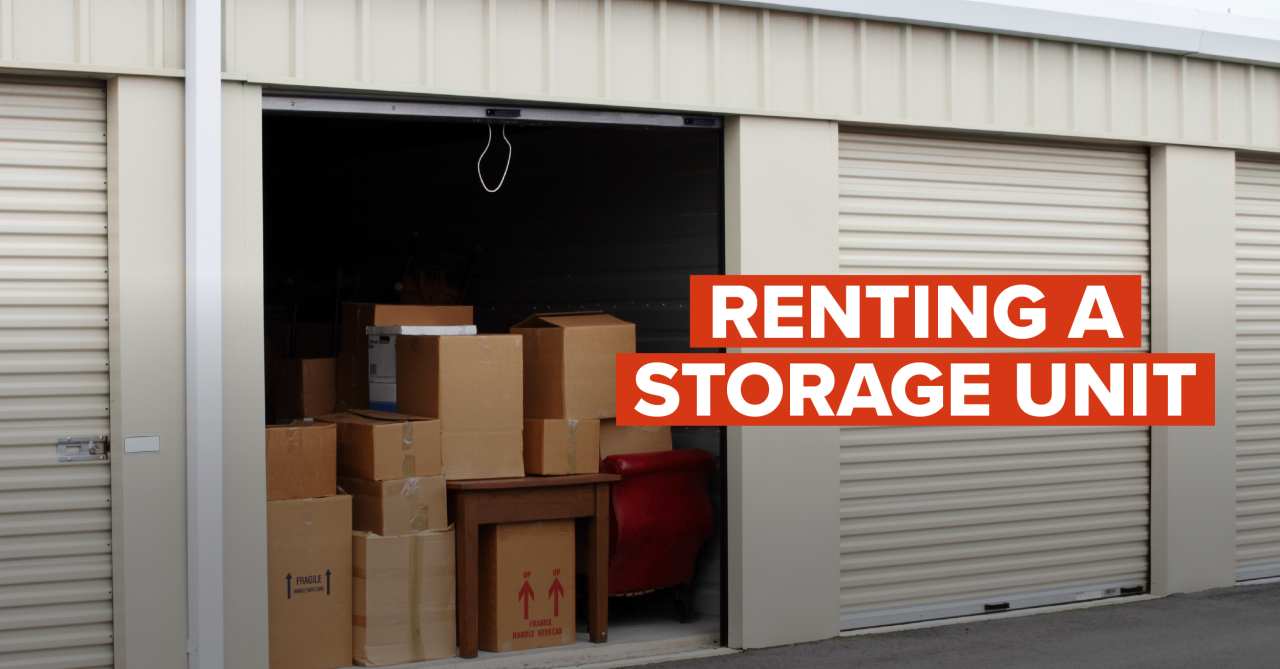During the homebuying process, there are several steps to ensure everything goes smoothly.
Whether you’re buying your first house or are looking for an upgrade, the process can be complex and intimidating. So, where should you start?

1. Start with your finances.
Buying a house may be one of the biggest financial decisions you make. Before you start house hunting and making offers, you'll need to evaluate your financial situation and determine your budget for a down payment and a mortgage.
Your down payment, typically around 15-20% but ranging from 3-20%, will need to be paid when you close on the house. Your mortgage is a monthly payment that includes principal, interest, real estate taxes and homeowner's insurance for the duration of your loan, which could last up to 30 years. You will need to consider and research the current mortgage interest rates and local tax rates, and you may want to consult an insurance agent for estimated coverage costs. If you already own a home and plan to sell, consider how much money you anticipate making on the sale; these funds can be used for the down payment or closing costs on a new home. A trusted real estate agent can help you navigate all of these considerations.
Start by analyzing your savings, sources of income, debts, and monthly expenses. If you don't already have a budget, create one and determine how much money you can allocate towards a down payment and a monthly mortgage payment.
You'll also want to look at your credit score and ensure it's in good shape. According to Experian, a credit score of 620 is generally required by mortgage lenders to buy a house with a conventional mortgage. If you're looking for credit repair and debt relief services, do your research and know who you can trust.
If you need assistance with the financial planning aspect of buying a house, hire a financial planner. These professionals can help you evaluate your finances, start a budget, and plan for your home purchase.

2. Get pre-approved.
Once familiar with your financial situation, work on getting pre-approved for a mortgage. Amy Enoch, an associate real estate broker in Richmond, Virginia, reports that "having a pre-approval letter is expected by sellers these days." Pre-approval can further help you determine your home budget and give you a competitive advantage when putting in offers. To get pre-approved, find a trusted mortgage lender that fits your needs. Your mortgage lender will go through the available types of mortgages, costs, and interest rate options.
Depending on where you live and your current financial situation, grants and programs may be available for first-time home buyers who meet specific eligibility criteria. Ask your mortgage lender about options.

3. Determine your needs vs. your wants.
Consider what you’re looking for in your new home and list your wants vs. needs. Making a checklist can help you determine the average cost of a house that meets your needs and can help you narrow down the homes you want to tour.
Think about how many bedrooms and bathrooms you need, whether a dedicated home office space is essential, whether you need a garage, or if your furry friends need extra backyard space. Do you need appliances to be included when purchasing your home? Are you willing to DIY or spend money on renovations, or are you looking for a move-in ready, recently renovated space? Your answers to these questions may change as you start to tour homes, but it’s good to have a starting point in mind.

4. Location, location, location.
Location is one of the top things to be considered when purchasing a home. Consider how your new home will play a role in your lifestyle, whether you prefer urban areas, rural living, or somewhere in between. Do you want to live in a walkable location near shops and restaurants? Is it essential that you live near a public transportation system? Are parks and outdoor recreation areas important to you? Consider how far you’re willing to commute to work and how close you need to be to the nearest highway or interstate.
If you have children or plan to start a family soon, looking into school districts, extracurricular activities, and nearby daycare availability is also a good idea.
As Enoch says, "You can make changes to the house, but you can't move it, so where the home is located is a key factor."

5. Find a real estate agent and begin touring.
You have your budget, know what you're looking for in a house, and have narrowed down a few ideal locations. Now, it's time to find a real estate agent. Read BBB's tips on choosing a real estate agent.
BBB Pro tip: Look for BBB Accredited real estate agents who adhere to BBB's Standards for Trust and prioritize ethical business practices. Check for that BBB Seal: It's the Sign of a Better BusinessSM.
When you start to tour homes, you may find your dream home immediately, or it may take longer than expected. Once you decide on a home you like, ask your real estate agent about how to make the most competitive offer.
Important to note in the U.S.:
Recent legislation will change the way home buyers and sellers pay to hire a real estate agent; the final approval hearing is scheduled for November 26, 2024, but a judge has granted approval of the new terms. Seller's agents are no longer allowed to advertise commission fees to buyer's agents on multiple listing services (MLS). In addition, buyers must sign a legally binding representation agreement with their agent. Enoch explains, "Previously, home sellers typically offered compensation to the buyer's agent, so in effect, buyers paid for their agent's services through their mortgage. Now buyers need to pay their buyer's agent directly, which may add additional costs to the home-buying process." Details on whether commissions can be rolled into a home mortgage are still being worked out; currently, they cannot be included. Remember that commissions can be negotiated, so consider this when deciding who to hire to represent you during the purchase process.
6. Your final steps.
If you received an accepted offer on a house, congratulations! There’s still more to do before you move in and start marking your new house a home.
- Finalize your mortgage with your lender and start the home closing process. Closing on a home is extensive and involves many steps and paperwork. Your real estate agent and sometimes your mortgage lender or broker will walk you through this process and answer your questions.
- Get your home appraised. Your mortgage company often requires this step, with the lender hiring the appraiser. Search BBB.org to find real estate appraisers near you.
- If your home purchase is contingent on a home inspection, find a home inspector you can trust and schedule your inspection. If your inspection determines that work is needed on your new home, find a reliable contractor to hire.
- Find homeowners insurance that fits your needs and your budget.
- Start packing. Now is an excellent time to clear the clutter and donate or sell any items you don’t want to take with you on your move.
- Leave reviews! No matter your experience during your home buying process, it’s a good idea to leave customer reviews for your real estate agent, mortgage lender, home inspector, and any other business you worked with. Sharing your experiences through customer reviews helps people buying homes find businesses they can trust. Leave reviews at BBB.org and other online review sites.



